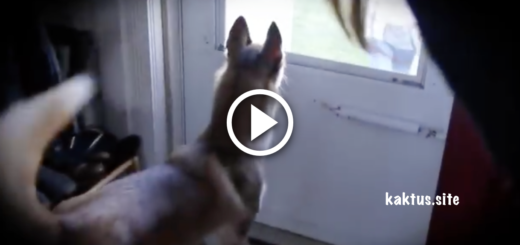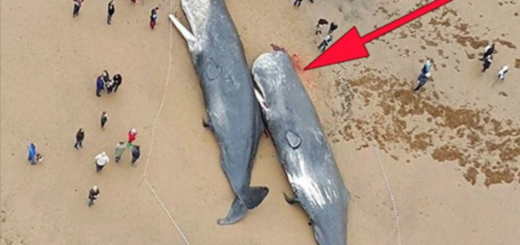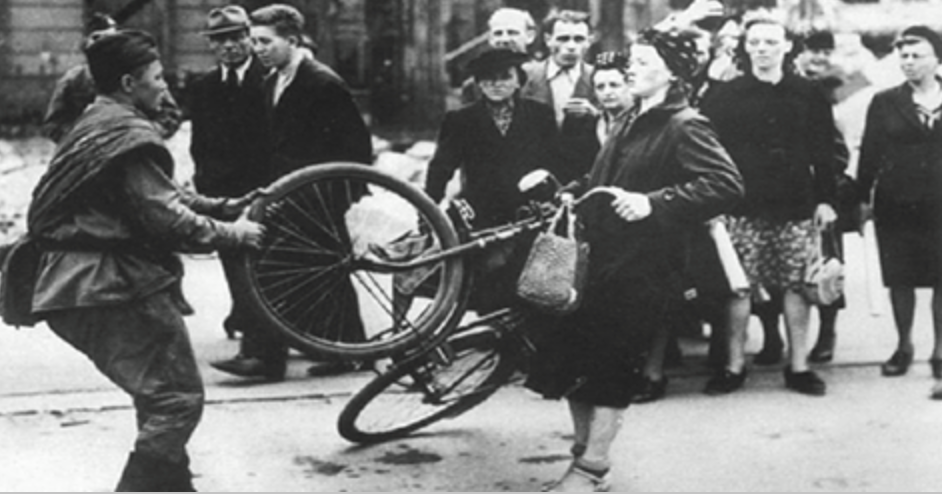Now it all made sense. He wasn’t acting alone; there was a network, a web, a system built around him that protected and silenced women. I got home with sweaty palms and started combing through the divorce papers, the clauses, the contracts. And there it was: the partner’s name on several documents. He wasn’t just a bystander; he was part of the machinery.
Worse, he controlled most of my husband’s assets. If I wanted to cut off the serpent’s head, I’d have to go beyond the family. I’d have to hit where it hurts most: money and reputation. I spent the next few days gathering evidence. The other victim gave me permission to attach her account to my case, with documents, screenshots, and even old recordings.
With everything in hand, I asked my lawyer to contact the Bar Association. If everything went right, that partner would lose his license, and my husband would lose his job. That would be their first fall. But there was still one last part of the plan: the public, final one.
The company’s charity event was scheduled for Saturday. My ex-husband would be there, and the partner too. Both were set to go on stage to talk about family values. I took a deep breath and decided that would be my final arena. Not with screaming, but with documents, with images, with truth. They would give their speech, and I would show who they really were, on a giant screen, in front of everyone.
The day before the event, I got a new delivery: an envelope. No threats, no words. Just a signed copy of the sale contract for the house I was living in, in another woman’s name, dated two days earlier. I just stood there, staring at the contract. The house was now under another woman’s name: Megan Lang.
I had never heard of her, but what hurt the most was recognizing his signature. The man who’d shared my bed for years had sold our home behind my back, before we even knew the judge’s final ruling. I was just an obstacle to be removed discreetly, a stone in the path of his fresh start.
I woke up early on Saturday and got dressed calmly in simple clothes, with my hair tied back. I brought an envelope with me containing copies of everything: the recordings, the contracts, the ex’s screenshots, the partner’s emails. This was my final move. The event hall was packed with lawyers, business people, and families with children.
My ex-husband stepped onto the stage with the partner beside him. They talked about values and unity, applauding their own hypocrisy. I waited until the end of the speech, then I stood up. I walked over to the A.V. technician, handed him the flash drive, and said, «Play this when I give the signal.»
I walked up to the stage, unbothered, calm, almost disturbingly so. I took the mic, took a breath, and said, «Sorry for the interruption, but I thought everyone here deserved to see the real legacy of these men.» The room fell into absolute silence as the footage started playing. Videos, documents, evidence—all projected in high definition.
My ex tried to run toward the tech booth, but security stopped him. The partner went pale, hiding his face with his hand. Some people left; others recorded on their phones. No one said a word for long minutes, just the sound of truth echoing through the walls. This was my revenge, not with shouting, but with facts, with courage, with justice.
I left the stage without looking back. In the parking lot, my lawyer was waiting. «Congratulations,» she said. «You did what no one else had the guts to do.» The next day, both men were suspended from the firm, and an official investigation was opened. The company lost sponsors.
The house couldn’t legally be transferred to that Megan woman because now there was a fraud complaint tied to the sale. Full custody of my son was confirmed. I received invitations to share my story on TV shows but declined every single one. My peace wasn’t in fame; it was in silence, in watching my son sleep peacefully, in opening a window without fear, in no longer having to pretend everything was fine.
Sometimes revenge isn’t about destroying the other person; it’s about rebuilding yourself from clean ruins and never returning to the place where they killed you inside. Months later, I found out my ex had moved away, alone. The new woman left him after learning about the accusations. His mother was sued for harassment and ordered to stay away. And the partner? He lost his license and his name. I saw a news article about him working as a food delivery driver in another state.
Ironic. They spent their lives trying to erase women like me, and in the end, they erased themselves. But that rainy night, before bed, I got one last message from a number I didn’t recognize. It was a picture of a house with the caption, «You won. But you know this never really ends, right?» I stood there, staring at the screen, frozen.
The address was real; it belonged to a recently built home in a remote neighborhood, according to a quick search. But what disturbed me most was the tone of the message. There were no insults, no rage—just a cold statement. A reminder that for people like them, losing doesn’t mean backing off; it means finding a new way to strike.
I showed the message to my lawyer. She advised me to update the police report and include it as a potential indirect threat. The police opened an investigation, but without clear identification, there wasn’t much they could do. The number was a disposable burner, just another ghost in the shadows. I started avoiding going out at night and tightened security at my son’s school.
For the first time, I considered leaving the city. But leaving would mean giving up everything I’d fought for. I had earned every inch of that home, every peaceful breath I now had at night. It felt unfair to run because of fear. Still, something inside me couldn’t settle. The message wasn’t just about me; it was about control, power, about saying, «I’m still here, even after your victory.»
That wasn’t the end of a cycle; it was the beginning of another. One Saturday morning, I noticed a dark car with tinted windows and no visible plate parked across the street. It stayed there for hours. On Sunday, it came back, and again on Monday. I called the police, but by the time a patrol arrived, the car was gone.
It was like someone was testing my limits, making me live in a constant state of alert—a new kind of torture, silent and legally slippery. I decided to install high-definition security cameras with remote monitoring, bought a new smart alarm system, and connected the house to a 24/7 central. This wasn’t just about revenge anymore; it was about emotional survival, refusing to be another woman who wins on paper but lives in fear.
My son asked me why the house now had so many buttons and codes. I told him it was just to protect us from the past. His school cooperated, too, creating a system to keep any unauthorized person away. I didn’t live in panic anymore. I stayed ahead, I acted, and even though it was exhausting, it made me stronger. I realized that even hurt and alone, I was still dangerous to them because I knew too much, because I exposed them, because I won.
And whoever speaks the truth becomes a permanent target for cowards. I started writing everything that happened in detail. I thought about turning my story into a book, but more than that, it was a way to document, to leave something for my son in case they ever tried to erase what happened. He’d know everything, not from the news, but from his mother, through the eyes of someone who lived it and survived it. Every written line was a scar translated into words, a way to never be silenced again. On the last page I wrote, I added a note—just three words: «It’s not over.»





















































